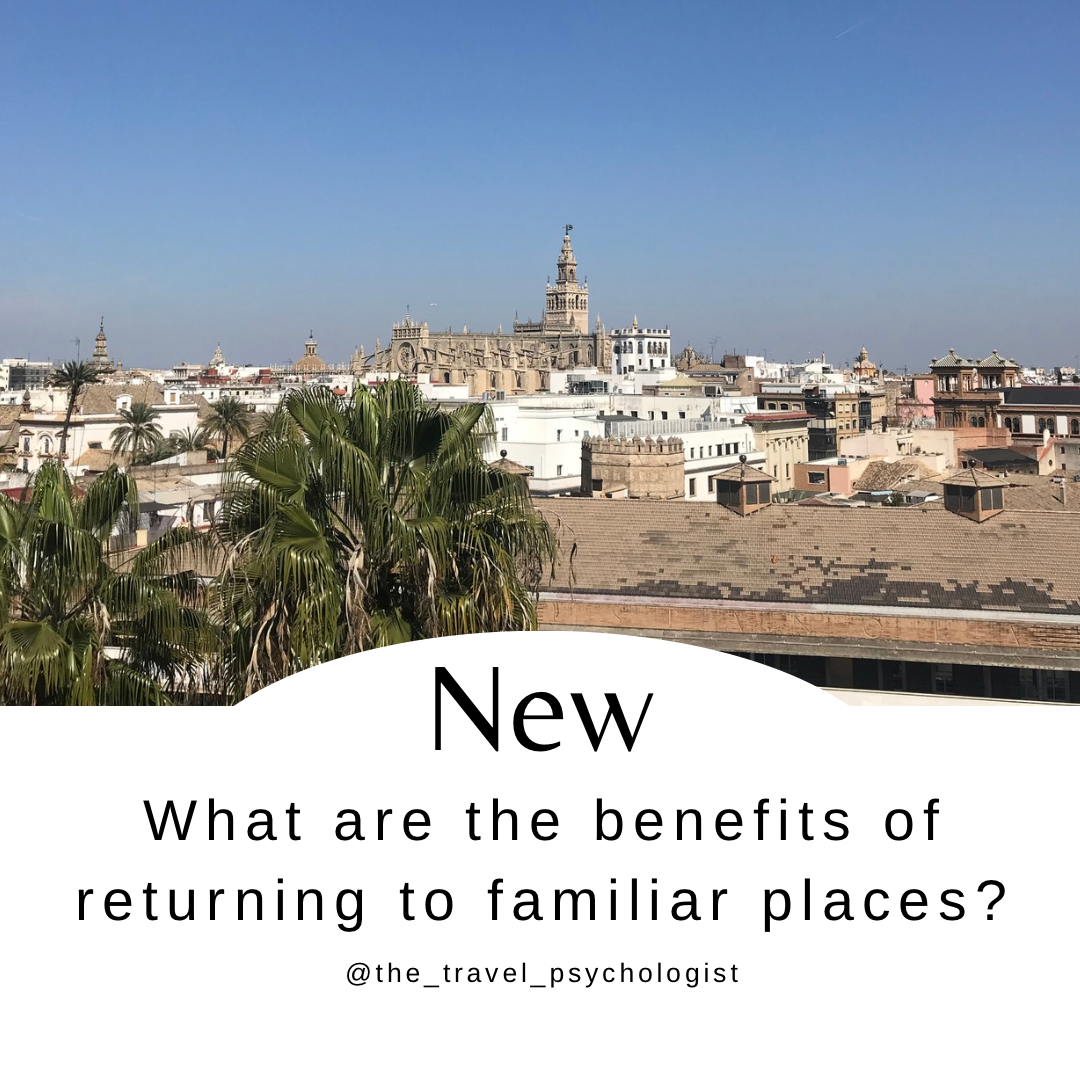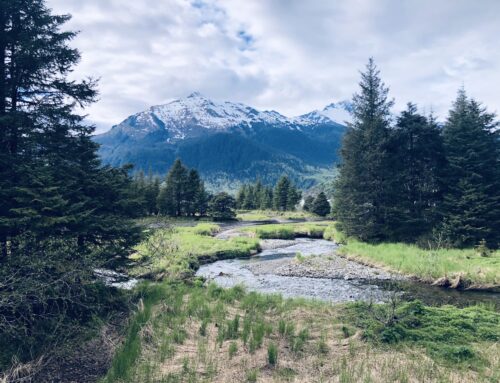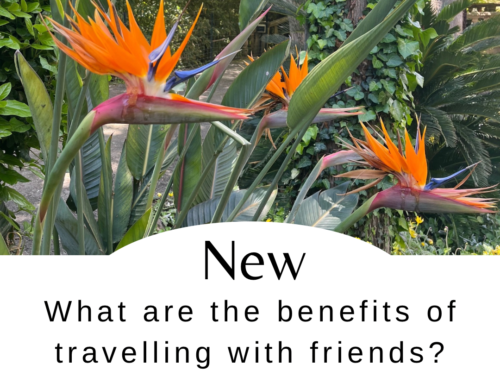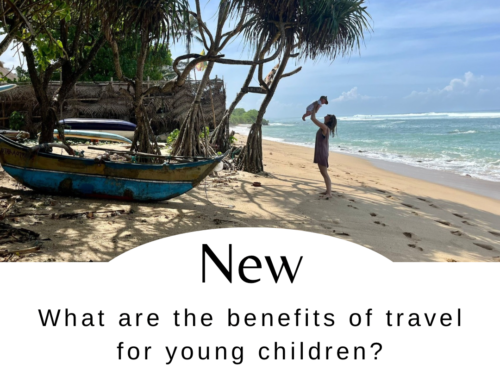Dr Charlotte Russell, Clinical Psychologist & Founder
When I was in my twenties I did not see the value in visiting the same place twice. As I’ve got older my opinion on this has definitely changed, and this is a common experience. For many of us there who have travelled the world, as we get older we become drawn to familiar places that we feel a connection to. For me the best example of this is Seville in Spain. I felt connected to Seville the first time I visited and have returned many times. It wasn’t one thing; the food, culture, and blue sky and size of the city were all part of the puzzle. It was like every aspect of the city was ‘just right’ for me somehow.
In this article I’m going to talk you through the psychological benefits of revisiting familiar places. I’ll also dive into what it is about these places that bring us back time and time and time again.
What are psychological benefits of returning to familiar place?
We usually return to places that we have a sense of connection to. This sense of connection can build with multiple visits and the place can often become somewhere that is meaningful to us. This meaning is an important building block for well-being. As we build up experiences over time, we begin to associate the place with positive feelings, perhaps a sense of calm or a sense of being ‘away from it all’.
We may also build relationships with local people and others who visit the area regularly. This can also add to a sense of connection.
When we revisit old favourites there is no uncertainty about finding our way around or where we might eat, for example. New destinations provide a sense of excitement because of this sense of novelty and can fuel our curiosity. But there is always a good chance we might not connect with the destination. On the other hand revisiting old favourites ensures that sense of connection will be there and means we will likely be feeling relaxed as soon as we step foot in our favourite spot.
As an example. another of my favourite places, Skiathos in Greece, I feel this sense of familiarity and calm as soon as the plane lands. When the doors open I immediately smell the scent of pine trees and the warm air, and feel that sense of familiarity and calm.
On the other hand what are the benefits of visiting somewhere new?
Visiting new and unfamiliar places can be beneficial for us in a number of ways. Firstly, new places can fuel our sense of adventure. Not necessarily in the sense that they are physically active or risky; in the sense that we are taking a journey into the unknown and this often comes with a feeling of excitement.
New places are also a great way to fuel our curiosity which can help to renew us when we are feeling a little stagnant. Taking the time to engage with new and interesting information, cuisines and places can help us to feel alive again. This can be great for our mood and well-being.
I often talk about how travel can help with our personal growth because it can challenge us and help us to build confidence. These opportunities present themselves more often when visiting new places where we might not know what to expect. In these situations, we need to learn to understand and appreciate new perspectives. However, we can also grow by visiting the same country multiple times and getting to know the culture more deeply, rather than having a superficial understanding that might come with a shorter visit.
The potential challenge of visiting new places is that there is always a possibility that we might not enjoy or connect with the destination. I don’t necessarily see this as a ‘downside’ because this is information that we can use to learn more about ourselves, and our needs and preferences. However it can be a challenge to arrive somewhere and to realise that it is not your cup of tea. For more on this check out How can I make the most of a disappointing trip?
Is familiarity something we crave as we get older?
Yes I think so. As we get older we have spent many years refining what we like and what we don’t. We know ourselves well and we’ve probably visited many places that we enjoyed (or not!) but we didn’t connect to. This can show up with a sense of “I’m glad I visited but I don’t feel the need to go there again”. Over time we get to know what makes us feel connected and many people will choose this option rather than the uncertainty of somewhere new.
That’s not to say we don’t crave that sense of the excitement and exploration of a new place as we get older. It is more of sense of choice that sometimes we will want this and sometimes we will want the connection and familiarity of our ‘old favourites’. When we are younger we are still exploring what we like and might not yet felt that sense of connection to a place.
How would I know if I feel a connection to a place?
For me personally, I notice a feeling that the place is ‘just right’ for me somehow. It becomes a favourite place in my mind. I have a sense that I will go come back to this place, rather than the sense of ‘I’m glad I visited but I don’t feel the need to come back here’.
To answer this question, I also invited contributors and ‘friends’ of the Travel Psychologist to comment on this. I asked them what they notice when they develop a connection to a place. I think you will agree that their responses are fascinating!
Dr Nicola Cann, our regular contributor and Sleep Psychologist:
“As someone who travels a lot and has lived in a few different countries I love the feeling of returning to somewhere I have called home. It can feel like being on holiday but being a ‘local’ at the same time. The excitement of visiting somewhere you love mixed with the pleasures of seeing old friends and familiar places. I love the buzz of visiting new places but returning to somewhere familiar gives you that liberating feeling of travelling mixed with the privilege of already knowing your destination intimately.”
Dr Joanne Ablett, Consultant Clinical Psychologist from Flow Clinical Psychology:
“My response when I feel connected to a place I visit is really quite visceral. I feel a general calming of the nervous system, a deactivation, a sense of softening in the body. I notice sensation in my chest (heart space) and abdominal area, an opening and sense of awe, usually connected to views of sea or countryside. These feelings give a sense of ‘coming home.”
Psychotherapist Carol Nesbitt, and Founder of The Blend Centre:
“For the past 18 years, I have travelled to the same destination, Praia da Luz, in Portugal for my summer holiday with my family.
Why? Because, it’s somewhere I feel fully connected to. I have a sense of belonging, knowledge of the surroundings and I have formed relationships, not only with other families who visit each year, but with local people.
There is something comforting in the familiarity, whether it is the sight of a familiar landmark, the buzz of the local restaurants, or the gently hum of life going on around me, it instantly feels like an invitation to relax and unwind. It truly is a place I can simply be.”
Dr Michael Brein the ‘Original’ Travel Psychologist Dr Michael Brein:
“Memories harden and expand — the bonds of friendships, and camaraderie strengthen and reinforce with each repeated visit. Connections between people, especially friends, become stronger with each annual reinforcement. Such bonds likely do not become matched by anything else in comparison.
Good feelings about people and places re-experienced year after year strengthen the memories.”
To finish, this brilliant quote from Dr Andrew Stevenson, Author of The Psychology of Travel (Routledge, 2023)
“I think it is a myth to say we can visit the same place twice. Places change all the time, and so do we. Yes, we can visit the same location again, but are likely to experience it in a completely different way when visiting again, as the place becomes more meaningful, more full of memories, more vital, each new time we arrive.”
If you enjoyed this article check out Can travel help to keep our brain healthy and active as we age?





